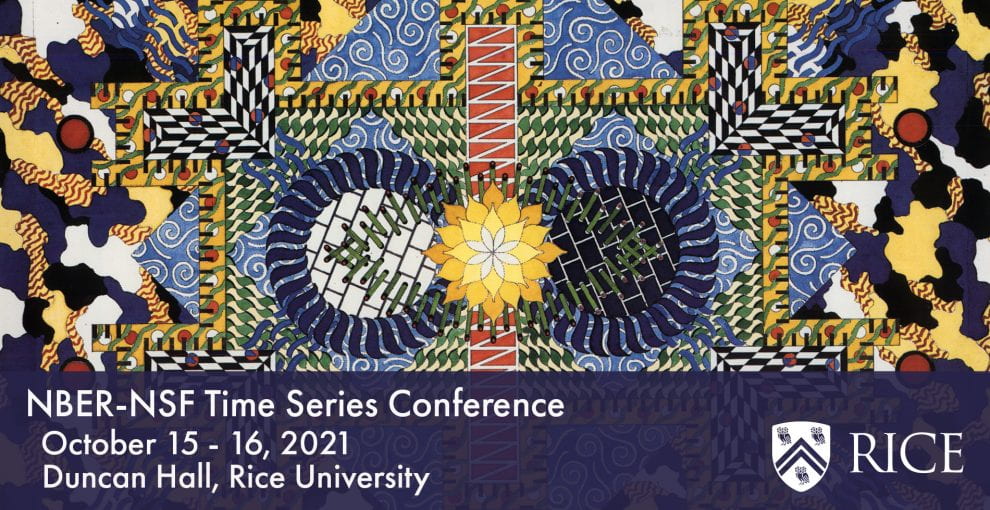Christian Brownlees, Universitat Pompeu Fabra
Project Description/Abstract
Empirical risk minimization is a standard principle for choosing algorithms in learning theory. In this paper we study the properties of empirical risk minimization for time series, introducing a general framework that allows us to study different types of applications that includes ARMA and GARCH forecasting as special cases. A class of recursive algorithms is available to forecast 1-step-ahead a univariate time series generated by a parameter-driven process. The algorithms are recursive in the sense that the forecast produced in a given period is a function of the lagged values of the forecast and of the time series.
A key feature of the analysis is that the relationship between the time series and the class of algorithms is unspecified. Our main result establishes that the algorithm chosen by empirical risk minimization achieves asymptotically the optimal predictive performance that is attainable within the class of algorithms considered. This implies that ARMA/GARCH forecasting based on the standard Gaussian maximum likelihood estimator achieves asymptotically the optimal predictive performance even when the conditional mean/conditional variance equation of the model is misspecified.
Co-author
Jordi Llorens-Terrazas, Universitat Pompeu Fabra
